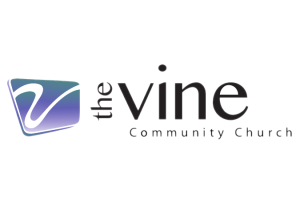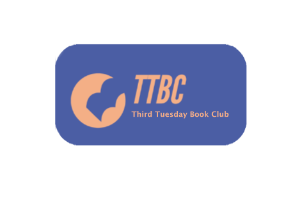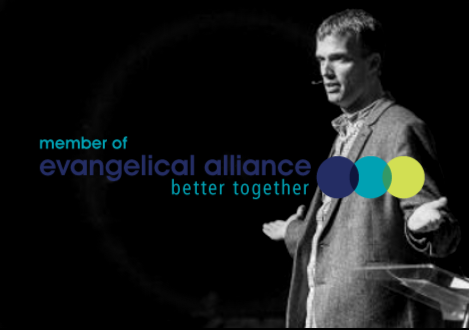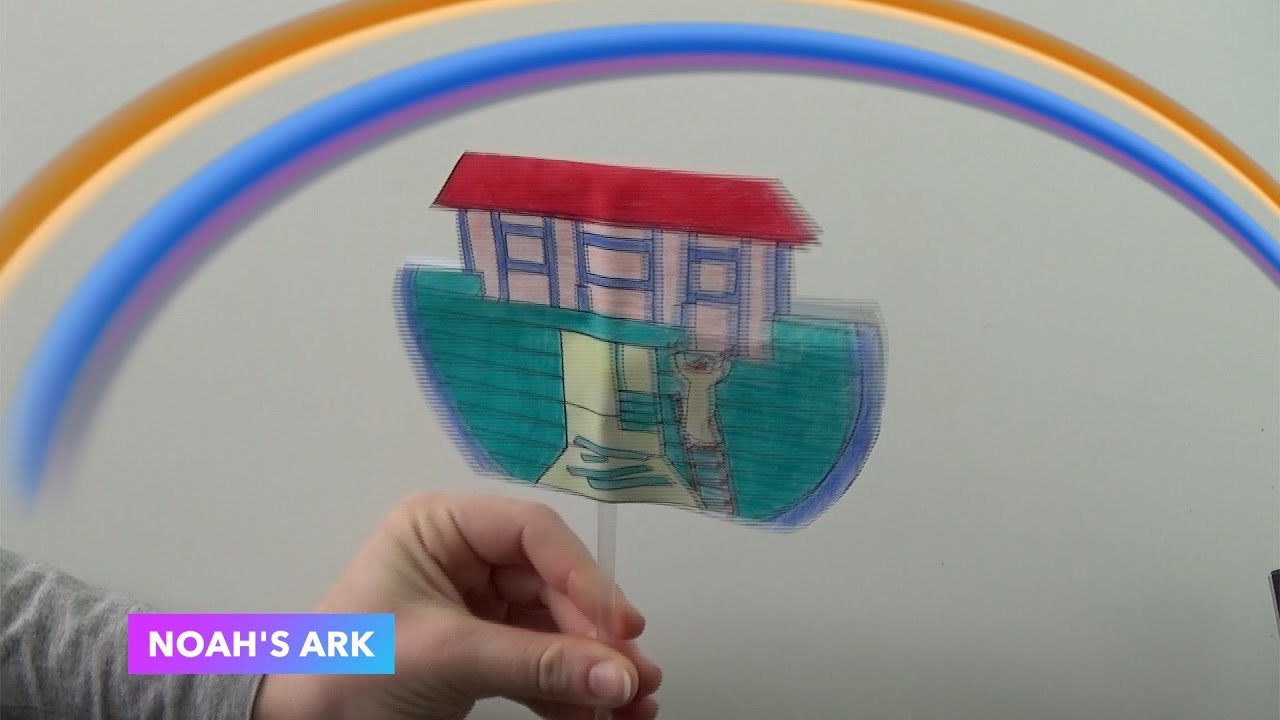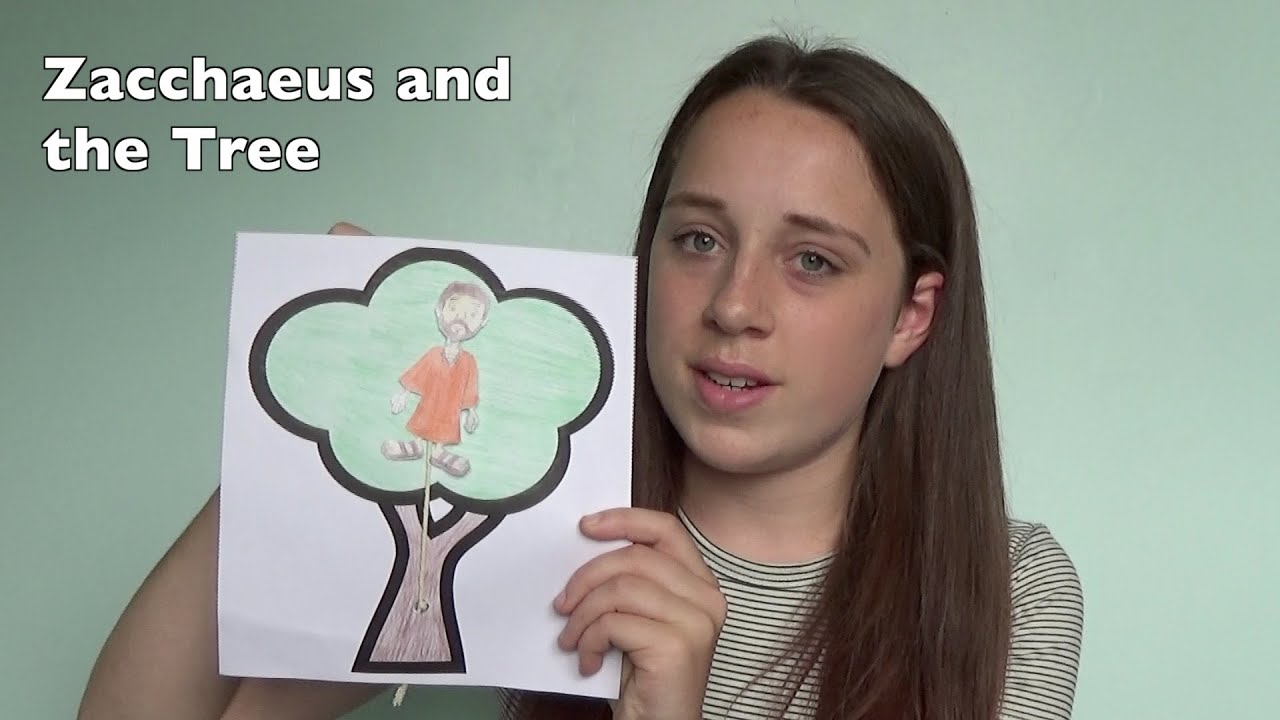More or less
We live in a world shaped by “more”. More choice. More speed. More upgrades. More next-day deliveries. We’re surrounded by messages that tell us we deserve the newest, the fastest, the best – and ideally, we should have it right now. Want something? There’s an app for that. Need cheering up? Buy a treat. Feeling bored? Scroll, stream, order, repeat.
And yet, just as this article publishes, we find ourselves in a season that gently pushes against that way of living. Shrove Tuesday has come and gone – traditionally a day of using up rich foods before Lent begins – and now we are in the middle of Lent, a time when Christians have, for centuries, chosen to go without.
At first glance, that can seem odd. Why would anyone choose less in a world offering so much? Why deliberately say no when we’re told that happiness comes from having more?
Fasting, in the Christian tradition, is about choosing not to have what we want, in order to pay attention to what we really need. For some, that still looks like giving up certain foods. For many today, it’s more likely to be stepping back from social media, alcohol, online shopping, streaming, or habits that quietly take up more of our lives.
Interestingly, even outside faith, there’s growing recognition that “more” doesn’t always make us happier. Going without, for a while, can be surprisingly good for us. It can help our finances breathe again. It can break patterns that have become automatic rather than chosen. And it can cultivate gratitude – when you step away from something, you often realise how much you take for granted.
There’s also something deeply human about learning to wait. We’re not very good at it. Waiting can feel uncomfortable. But it can also teach patience, self-control, and a quieter kind of joy – the joy of not being ruled by every impulse or advert that crosses our path.
For Christians, fasting isn’t just self-improvement. It’s about creating space. Space to notice what usually gets crowded out. Space to listen. Space to pray. It’s a way of gently saying: I don’t live by bread alone. There is more to life than what I consume. In going without, Christians seek to refocus on God – on trust, dependence, and the deeper hunger for meaning, hope, and connection.
And Lent doesn’t end in endless denial. It leads somewhere. The fasting and waiting move towards Easter – a season of celebration, joy, and new life. The story Christians tell is not one of permanent scarcity, but of hope beyond the waiting, and life beyond the letting go.
So whether you observe Lent or not, perhaps this season offers a simple invitation: to ask where “more” is quietly ruling your life – and what might happen if, for a while, you chose a little less.

Don’t be swayed by the storm
 If you visited the Vine Centre earlier this year, you may have noticed that things weren’t quite as straightforward as usual. After a long period of planning, permissions, drawings, quotes, and consultations, work finally got underway to make the toilets fully accessible and fit for everyone in our community. It’s been a longer journey than any of us hoped. There have been delays, frustrations, and moments when it felt like it might never end. Anyone who has lived through building work will recognise that feeling. The good news is this: the end result will be worth it. The new facilities will be more spacious, wheelchair-friendly, include baby-changing provision, and help ensure the Vine Centre can better serve all who use it. For now, though, there’s been no escaping the inconvenience. Temporary toilets. Adjusted entrances. Slight changes to routines. Not disastrous but uncomfortable. And it struck me that this is a bit like life itself.
If you visited the Vine Centre earlier this year, you may have noticed that things weren’t quite as straightforward as usual. After a long period of planning, permissions, drawings, quotes, and consultations, work finally got underway to make the toilets fully accessible and fit for everyone in our community. It’s been a longer journey than any of us hoped. There have been delays, frustrations, and moments when it felt like it might never end. Anyone who has lived through building work will recognise that feeling. The good news is this: the end result will be worth it. The new facilities will be more spacious, wheelchair-friendly, include baby-changing provision, and help ensure the Vine Centre can better serve all who use it. For now, though, there’s been no escaping the inconvenience. Temporary toilets. Adjusted entrances. Slight changes to routines. Not disastrous but uncomfortable. And it struck me that this is a bit like life itself.
We all go through seasons when things don’t run as smoothly as we’d like. Health wobbles. Work pressures. Family tensions. Plans delayed. Things we expected to be quick and easy turn out to be anything but. It can feel like being caught in a storm, not dramatic enough to make headlines, but persistent enough to wear you down. One of the most well-known stories in the Bible describes exactly that experience. A group of fishermen are crossing a lake when a violent storm blows up out of nowhere. What’s striking isn’t that the storm happens; it’s that peace appears right in the middle of it. Not because the waves immediately stop, but because they realise, they aren’t facing it alone. That story has been a helpful reminder during the disruption at the Vine Centre. Peace doesn’t always come from everything being fixed quickly. Sometimes it comes from knowing the storm has a purpose, that it won’t last forever, and that we’re not abandoned in it.
Even as the work continues, frustration is being joined by gratitude. The delays haven’t cancelled the outcome; they’re shaping it. The inconvenience hasn’t defined the story; the finished result will. Perhaps that’s true for many of the storms we face in life. Not every delay is wasted time. Not every disruption is meaningless. Often, patience, resilience, and perspective are quietly forming while we wait for things to settle.
If you’ve recently come through a difficult season or are still in one, please know this: frustration doesn’t mean failure, and delay doesn’t mean defeat. True peace isn’t found in pretending everything is fine; it’s found in trusting that the storm doesn’t get the final word. At the Vine Centre, we’re thankful the work is progressing and that the building will soon be better equipped to serve our village and as always, the door remains open to anyone who’d like to drop in and see what’s happening.



 If you visited the Vine Centre earlier this year, you may have noticed that things weren’t quite as straightforward as usual. After a long period of planning, permissions, drawings, quotes, and consultations, work finally got underway to make the toilets fully accessible and fit for everyone in our community. It’s been a longer journey than any of us hoped. There have been delays, frustrations, and moments when it felt like it might never end. Anyone who has lived through building work will recognise that feeling. The good news is this: the end result will be worth it. The new facilities will be more spacious, wheelchair-friendly, include baby-changing provision, and help ensure the Vine Centre can better serve all who use it. For now, though, there’s been no escaping the inconvenience. Temporary toilets. Adjusted entrances. Slight changes to routines. Not disastrous but uncomfortable. And it struck me that this is a bit like life itself.
If you visited the Vine Centre earlier this year, you may have noticed that things weren’t quite as straightforward as usual. After a long period of planning, permissions, drawings, quotes, and consultations, work finally got underway to make the toilets fully accessible and fit for everyone in our community. It’s been a longer journey than any of us hoped. There have been delays, frustrations, and moments when it felt like it might never end. Anyone who has lived through building work will recognise that feeling. The good news is this: the end result will be worth it. The new facilities will be more spacious, wheelchair-friendly, include baby-changing provision, and help ensure the Vine Centre can better serve all who use it. For now, though, there’s been no escaping the inconvenience. Temporary toilets. Adjusted entrances. Slight changes to routines. Not disastrous but uncomfortable. And it struck me that this is a bit like life itself.

